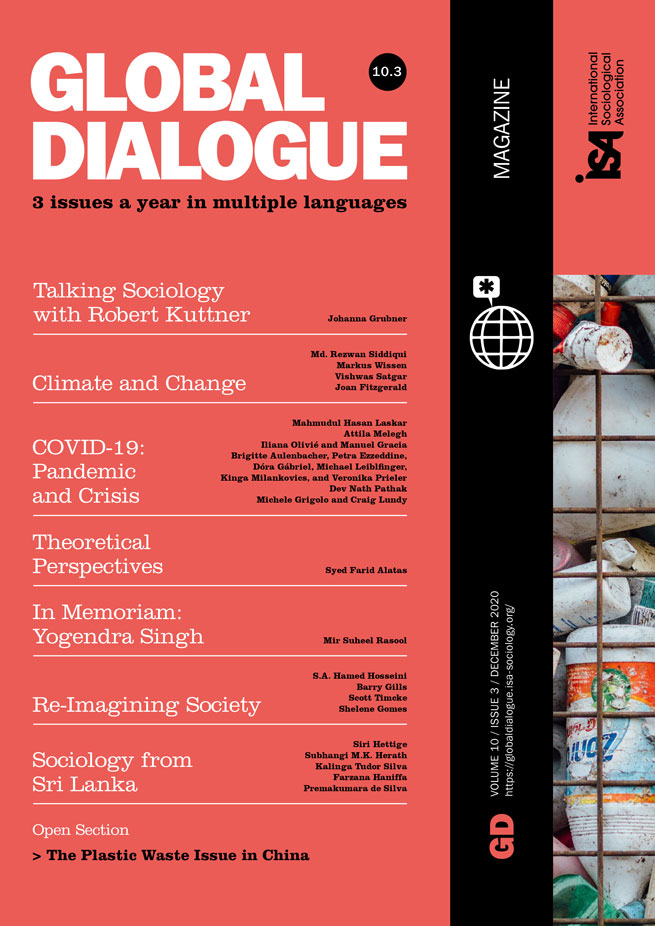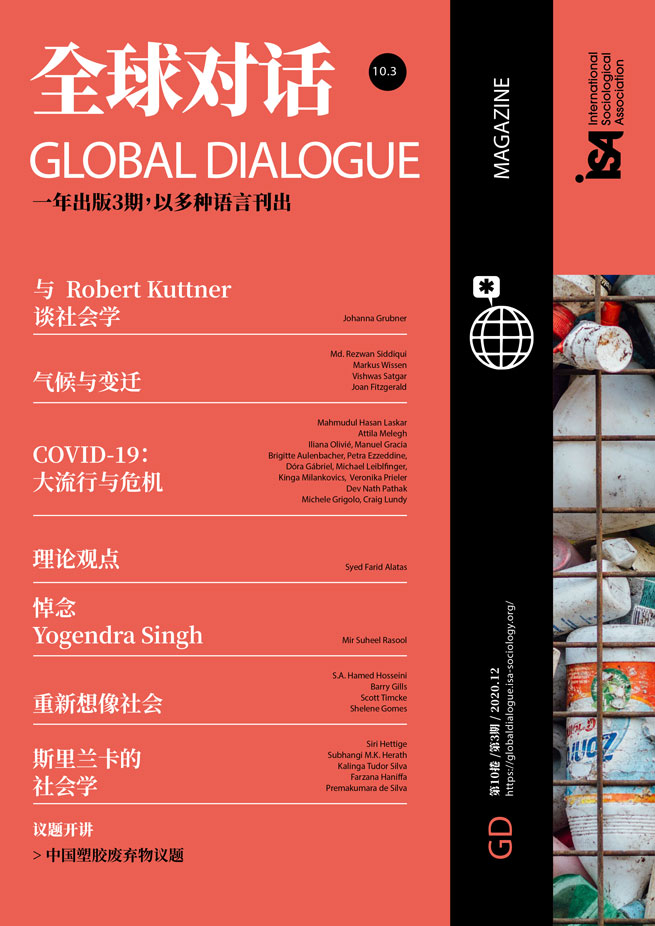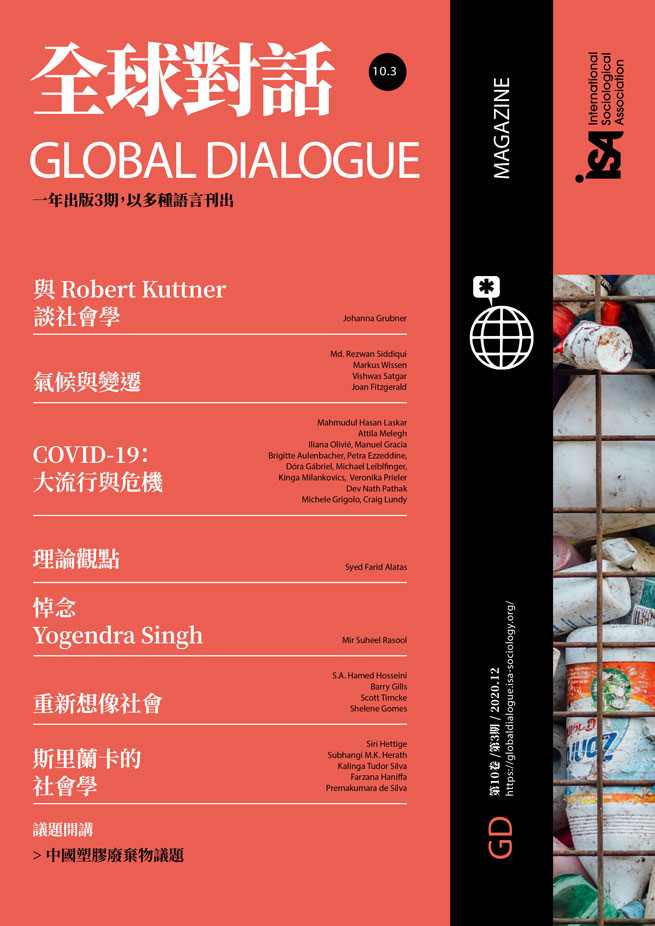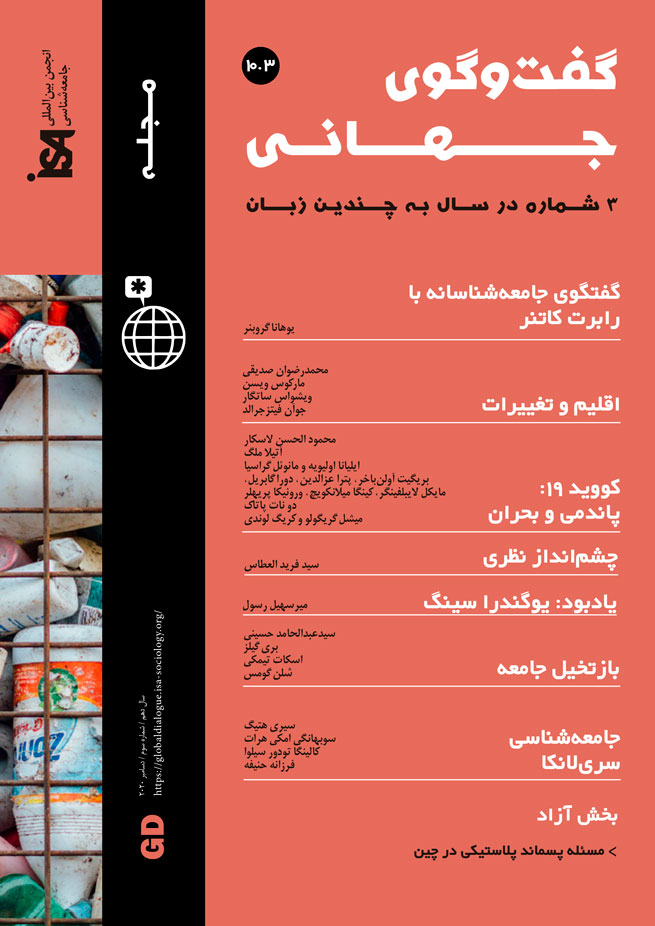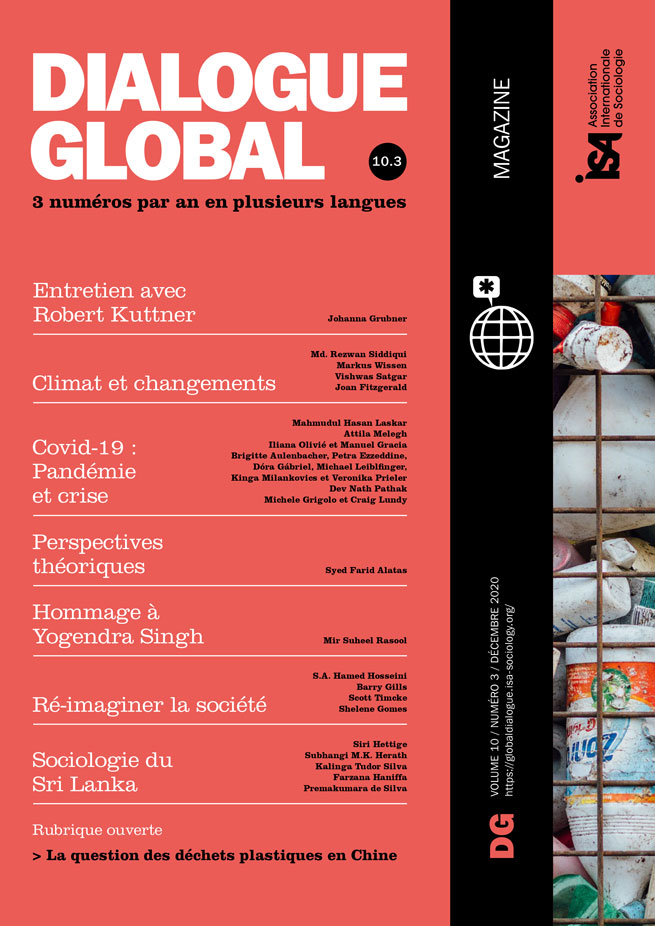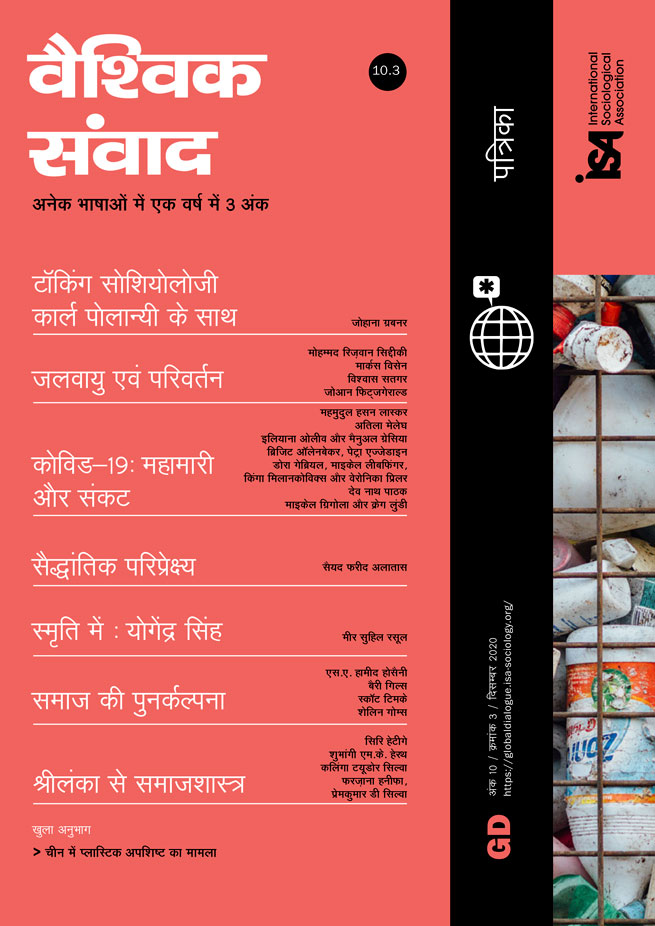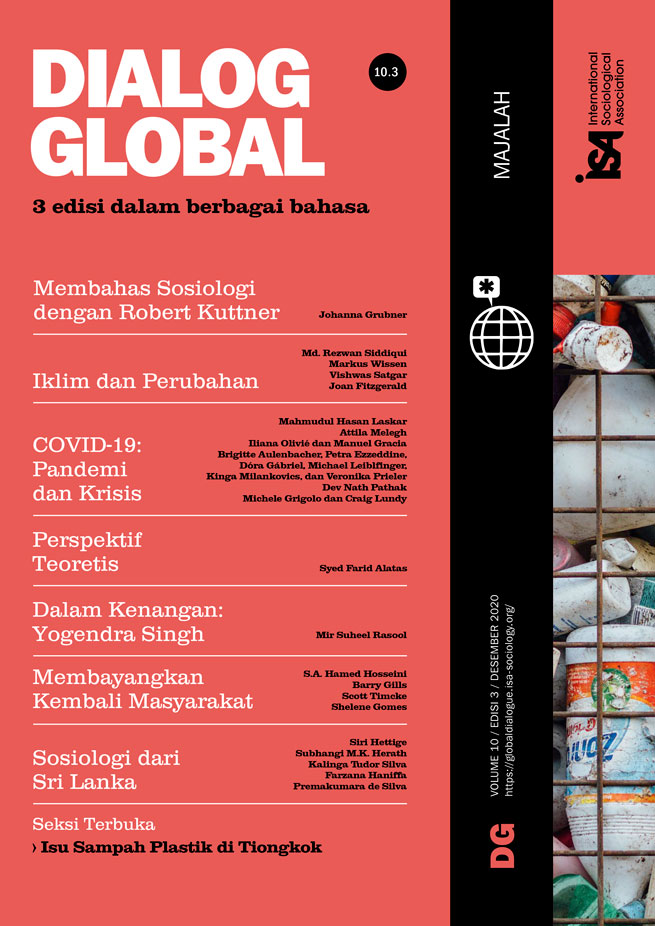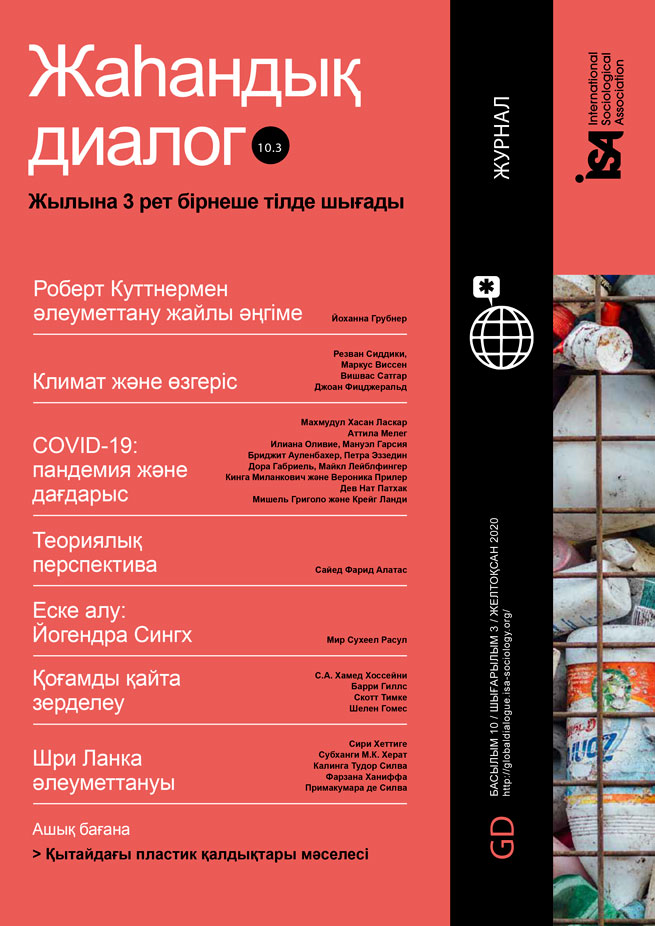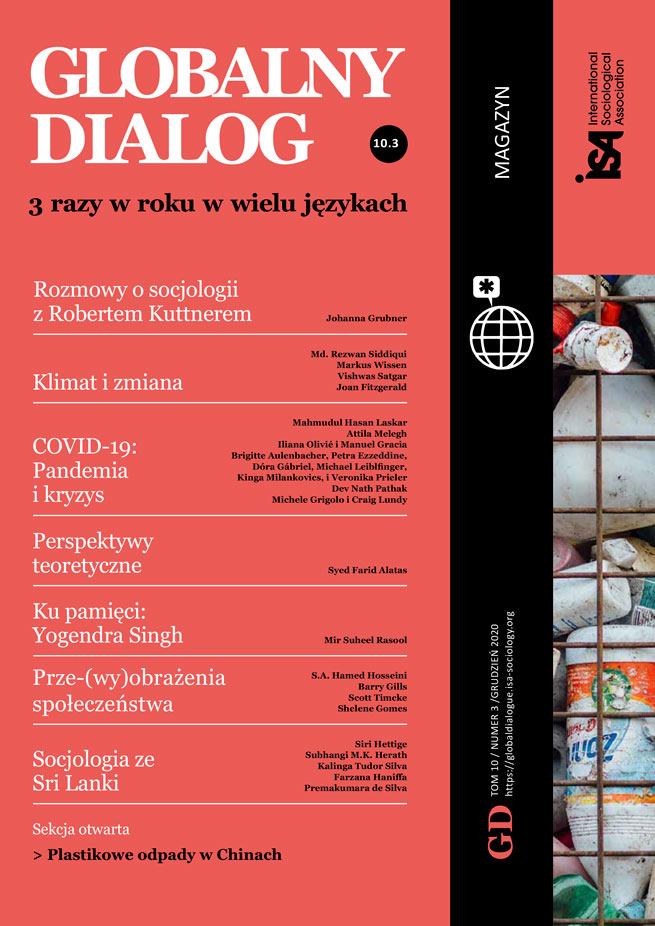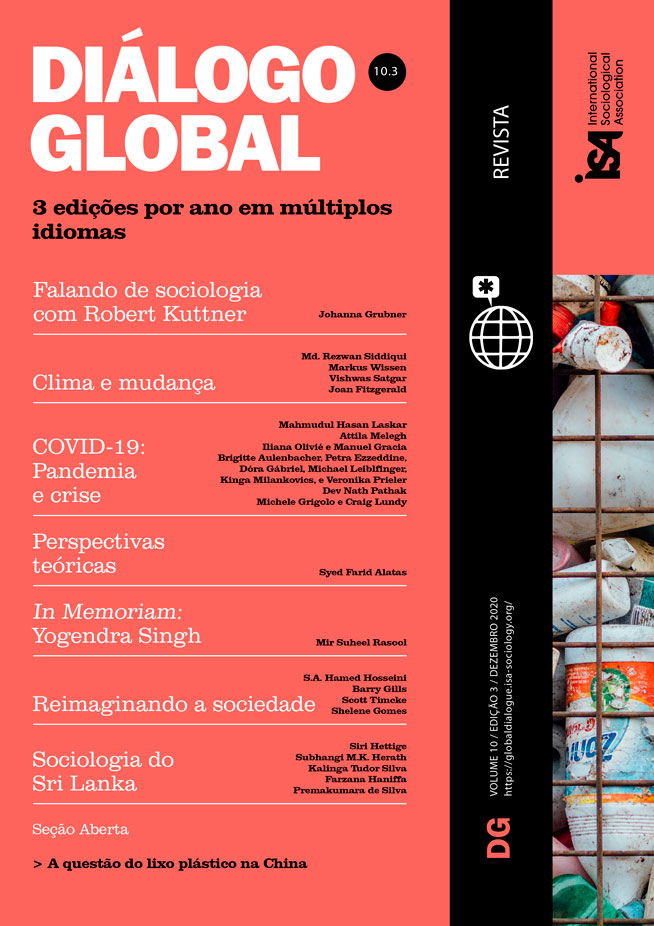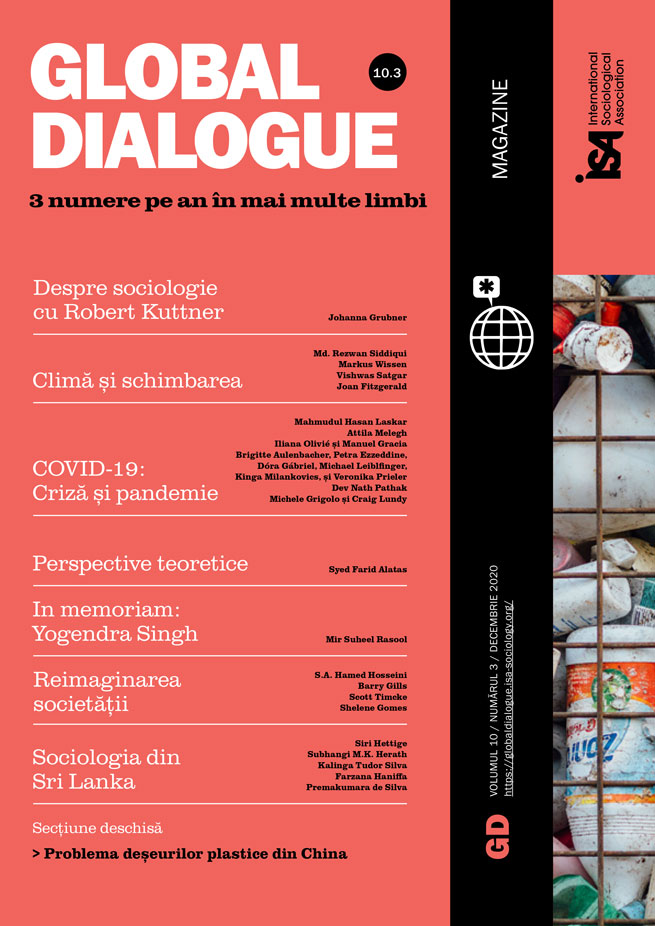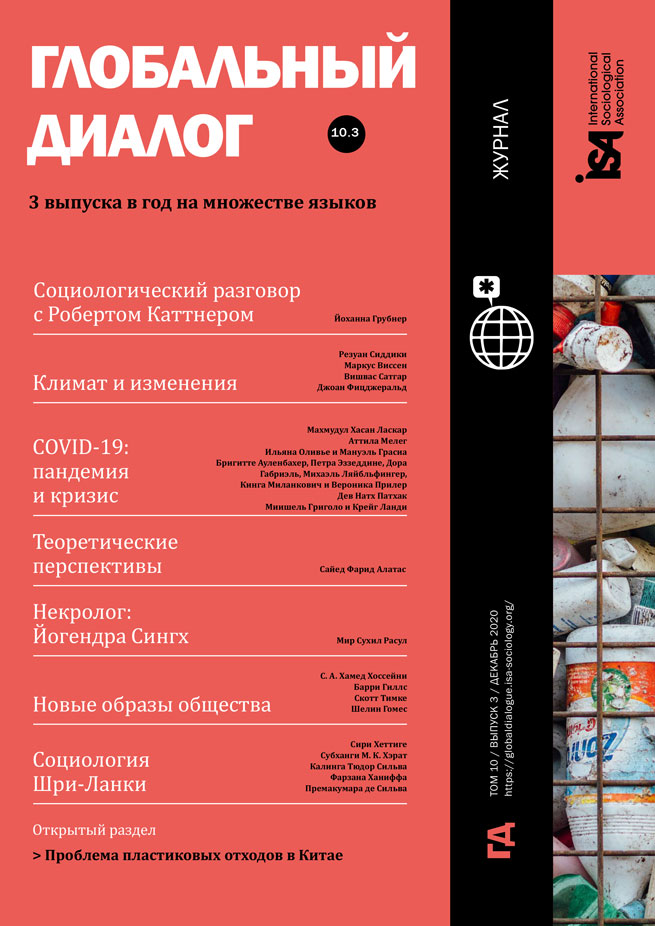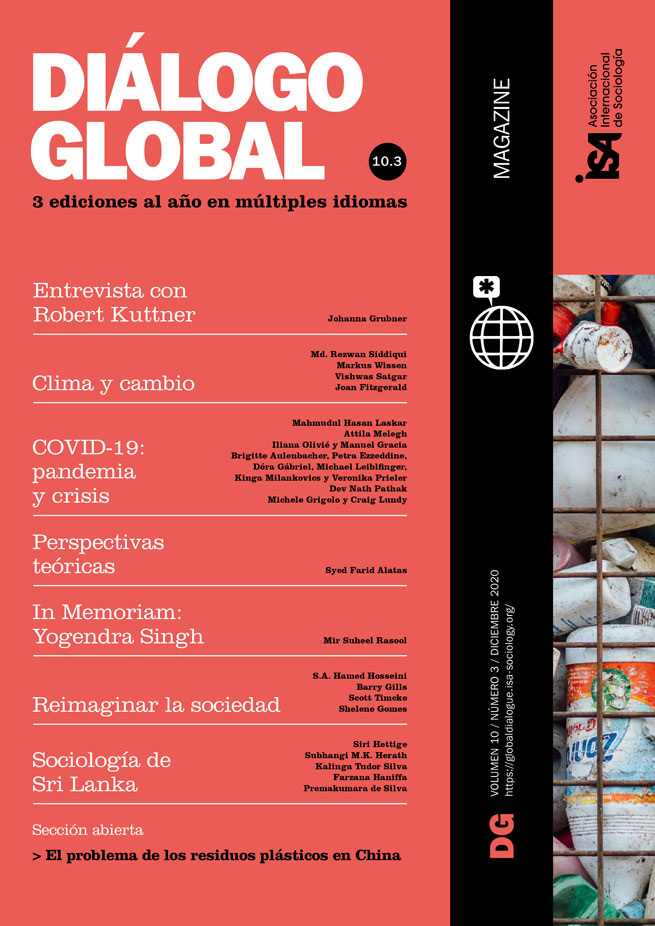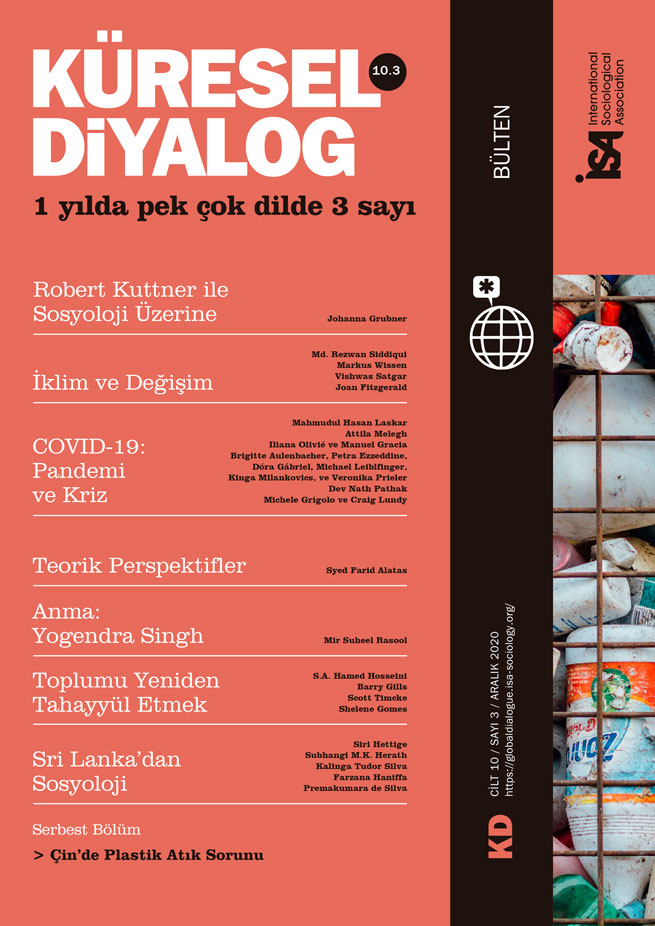Globalization and Dependency: The Plastic Waste Issue in China
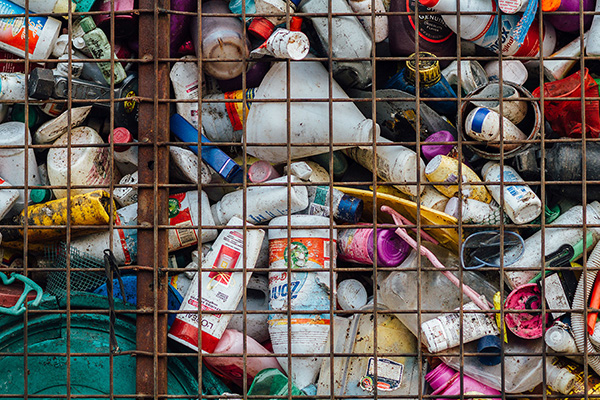
October 29, 2020
Globalization can be seen as an integral process where transformation takes place in the social, cultural, and economic spheres of society. It affects both developed and developing regions and nations from micro to macro level. Globalization has brought significant changes through posing challenges to our lives. The environment has also been affected by it due to new forms of economic governance.
A focus on world realities under globalization allows us to witness the embedded nature of dominance. The concept of dependency as part of the globalization process (or globalized world order) sheds light on the international system that is based on the compromise between economically vital “core” countries (so-called developed nations) and poor “peripheral” countries (so-called developing countries). In the ecological cycle we see a correlation between dependency and resource exploitation. This has generated a non-linear relationship where developing countries seem dependent upon developed ones in their waste trade (instead of the other way around). This could be regarded as a consequence of globalization.
Globalization has helped the Global South and North to be more connected, through increased economic ties. However, the relationship has become more complex than ever when considering its dual trajectories. In this sense, a closer look at the waste hierarchy (especially the plastic waste issue in the poverty cycle in China) would be an ideal example to show how this unbalanced relationship functions in reality.
China’s plastic waste issue
The plastic waste trade in China (considered a “crisis” by some) is one of the best illustrations of how dependency operates in the new world system. China is the world’s largest importer and processor of plastic waste (as a top destination for recyclable trash) in the global waste industry, accounting for 56% of the global market.
The interdependency of countries can have problematic structural effects. Waste exporting countries get rid of the consequences of their “waste addiction” through cheap alternatives and approaches that focus on disposal out of sight rather than recycling. Needless to say, these countries profit from this waste status quo while enjoying better environmental conditions. Waste importing countries (e.g. Malaysia, Vietnam, Thailand, Indonesia, and others) suffer from harmful health conditions, exploitation of labor, environmental pollution, and such. Even worse, the importing countries seem to be unable to form a solid regulation or control mechanism to restrict waste imports due to their supposed economic benefits. Although the waste trade could be seen as an economic opportunity for developing nations, there is disharmony between the opportunity and the toxic reality. China, as a developing nation, can be seen as a “guinea pig” for this disharmony that particularly affects its own environment and the public health of its population through increased toxicity (consequently violating the right to live in a healthy, clean, and safe environment). Furthermore, it also affects the rights of the workers who separate plastic wastes from foreign countries in such poor conditions.
Through the export of waste, people in developed and industrial countries (such as the US, Japan, Australia, etc.) enjoy a cleaner and more protected environment and a healthier way of life while Chinese workers (struggling with plastic pollution) and children (not attending school due to their work in the plastic recycling sector) suffer from being part of the waste industry. The discarded material flow from the developed countries to the developing world to be processed out of sight (instead of developing domestic recycling industries and policies) has lately resulted in the fact that poverty-ridden countries are the ones facing a socio-environmental crisis because of the self-interest and waste exportation of industrialized countries.
Conclusion
Although China’s plastic waste recycling issue seemingly has been silenced or masked by the country’s economic growth over the past years it can be considered a globalization or global inequality issue where the continued hegemony over the sorting and recycling management of waste can be witnessed. Rather than contributing to development within the importing countries, the global waste trade with its unequal impacts creates a “recycling battle” or “plastic struggle” caused by the garbage of rich nations in China (and other Southeast Asian countries). Furthermore, it reflects the established economic and waste reality in which the Global North’s control over the developing countries has resulted in a blockage which does not allow the South to make progress on its own path towards a fairer world order.
Pinar Temocin, Hiroshima University, Japan <pnrtemocin@hotmail.com>

